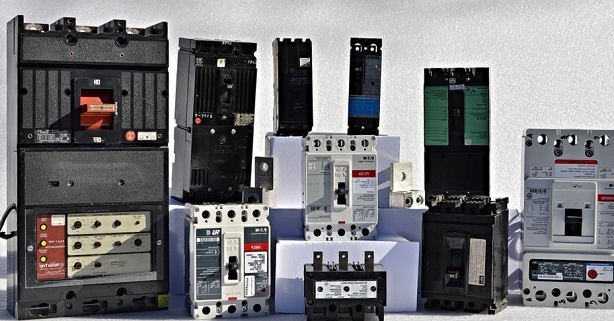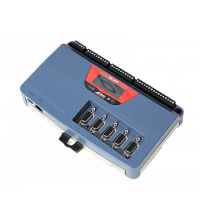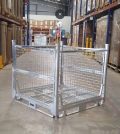How Do Circuit Breakers Work?
The development of efficient and inexpensive electricity has changed the way people around the world live their lives. For the most part, all of us take our household electricity for granted, until there’s a natural disaster and a power outage. The safety risks that come with household electricity are often times ignored, mainly because of a simple device that every home has, but nobody really thinks about – the circuit breaker.

The circuit breaker is designed to prevent electrical overloads which can cause damage to electronic appliances and devices and even fires in some cases. And since they’re so important, it’s generally a good idea to get reliable options when replacing one or when building a new home. They can be purchased in electrical stores as well as hardware stores. When looking for one it’s a good idea to look at all the types available as well as other considerations like whether or not they’re compatible with a breaker panel and power capacity.
They’re designed to monitor the flow of electricity through an electrical system which generally includes outlets, wiring and other items that draw power from them. Although their purpose is pretty straightforward, there are several kinds available, distinguished by both how they respond to energy overloads and how much power they can handle without risking fire. All circuit breakers found in electrical stores are delegated as high, medium and low voltage.
As to how they respond to energy overloads, we have standard circuit breakers which are the most common type and are found in residential homes and small buildings. They’re able to maintain electricity within a certain range and once there’s a short circuit or overload, the breaker trips and stops all electrical flow. Standard circuit breakers are generally made of single or double pole breakers which provide roughly 120 volts to a circuit.
While there are a lot of circuit breaker manufacturers, not all of them are compatible with each other. If you’re planning on replacing the circuit breakers in your home without replacing the entire panel, it’s important that you make sure the breakers are made by the same manufacturer as the panel. In a lot of cases, panels may contain information about what kind of breakers they’re compatible with, which may include some made by other manufacturers, but that isn’t always the case. Incompatible breakers can cause both the panel and the breakers to suffer problems, and may become a safety concern.








